Our work
EDRi is the biggest European network defending rights and freedoms online. We work to to challenge private and state actors who abuse their power to control or manipulate the public. We do so by advocating for robust and enforced laws, informing and mobilising people, promoting a healthy and accountable technology market, and building a movement of organisations and individuals committed to digital rights and freedoms in a connected world.
Filter resources
-
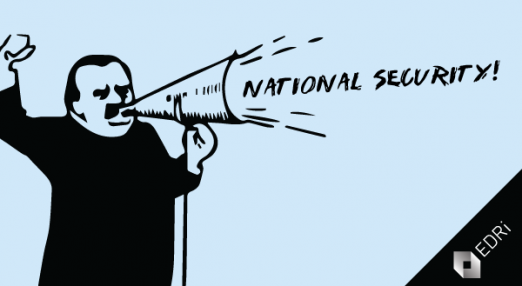
Data retention: “National security” is not a blank cheque
On 15 January, Advocate General (AG) Campos Sánchez-Bordona of the Court of Justice of the European Union (CJEU) delivered his opinions on four cases regarding data retention regimes in France, Belgium and the UK, in the context of these Members States’ surveillance programmes.
Read more
-
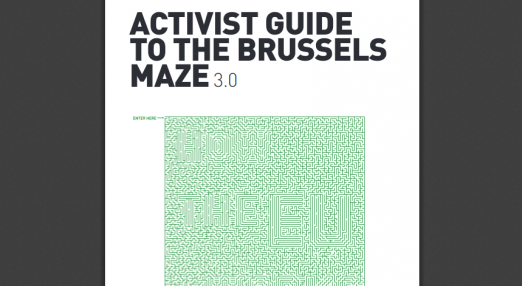
Booklet: Activist guide to the Brussels Maze 3.0
Exciting news 🤩 A new edition of our popular Activist guide to the Brussels Maze is out! The purpose of this booklet is to provide activists with an insight into where EU legislative and non-legislative Proposals come from, and what can be achieved at each stage of the legislative process.
Read more
-
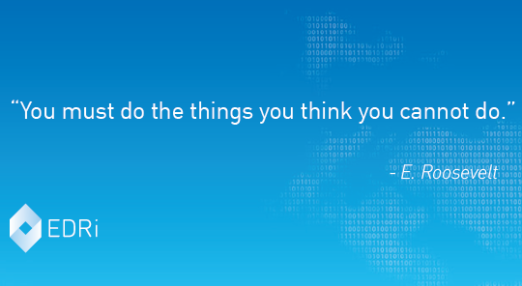
2020: Important consultations for your Digital Rights!
Public consultations are an opportunity to influence future legislation at an early stage, in the European Union and beyond. They are your opportunity to help shaping a brighter future for digital rights, such as your right to a private life, data protection, or your freedom of opinion and expression.
Read more
-
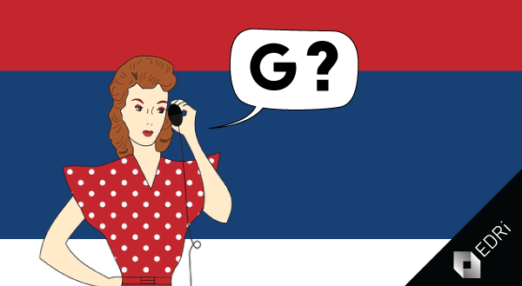
Serbia: Complaints filed against Facebook and Google
Read more
-
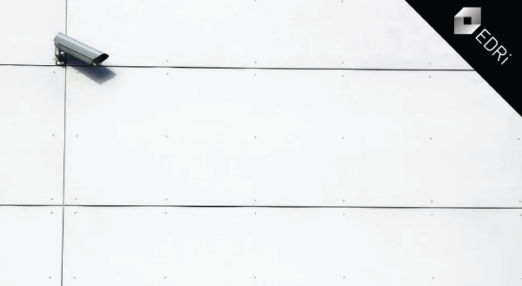
ECtHR demands explanations on Polish intelligence agency surveillance
Read more
-
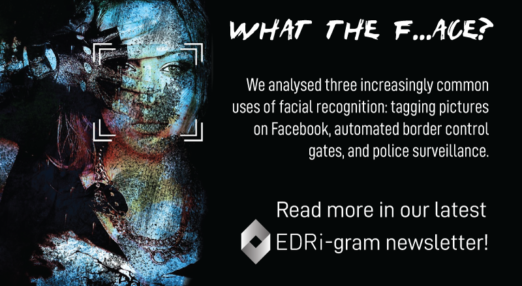
EDRi-gram 18.1, 15 January 2020
We analysed three increasingly common uses of facial recognition: tagging pictures on Facebook, automated border control gates, and police surveillance"
Read more
-

Serbia: Complaints filed against Facebook and Google
Read more
-

Copyright: Open letter asking for transparency in implementing guidelines
Today, on 15 January 2020, EDRi joined 41 other human rights and users’ rights organisations to demand increased transparency during the implementation of the EU copyright Directive. Specifically, the open letter asks the European Commission to publish any draft guidelines when available and to include concerns raised by the signing organisations during the stakeholder dialogues […]
Read more
-
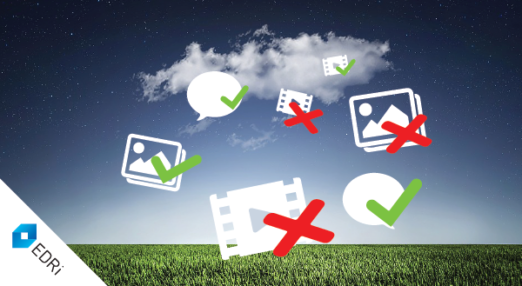
Copyright stakeholder dialogues: Filters can’t understand context
On 16 December 2019, the European Commission held the fourth meeting of the Copyright Directive Article 17 stakeholder dialogues. During the “first phase”, meetings focused on the practices in different industries such as music, games, software, audiovisual and publishing. This meeting was the last of what the Commission called the “second phase”, where meetings were […]
Read more
-

ECtHR demands explanations on Polish intelligence agency surveillance
The European Court of Human Rights (ECtHR) has demanded the Polish government to provide an explanation on surveillance by its intelligence agencies. This is a result of complaints filed with the Strasbourg court in late 2017 and early 2018 by activists from EDRi member Panoptykon Foundation and Helsinki Foundation for Human Rights as well as […]
Read more
-
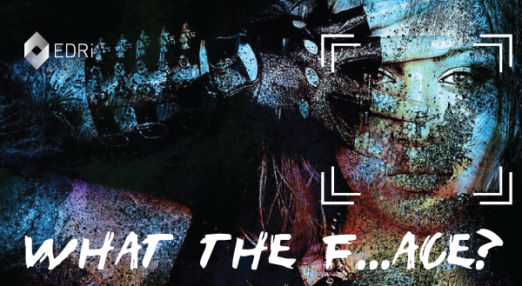
Your face rings a bell: Three common uses of facial recognition
Not all applications of facial recognition are created equal. In this third installment, we sift through the hype to analyse three increasingly common uses of facial recognition: tagging pictures on Facebook, automated border control gates, and police surveillance.
Read more
-
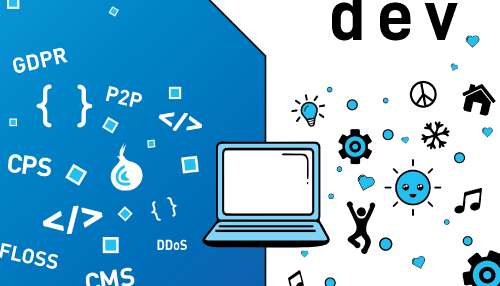
Booklet: #EthicalWebDev – guide for ethical website development and maintenance
We’ve finally published our new guide for ethical website development and maintenance, Ethical Web Dev! Explore the guide here
Read more
